The Beverley History timeline
1831 The Beverley town name is believed to be in homage to Beverley in Yorkshire, home to some of the earliest Avon Valley explorers, including colonial surgeon Charles Simmons, an early landowner in the district. Townsite land was set aside in 1831, just two years after the Swan River Colony's foundation.
1843 The district was surveyed.
1860s Settlers arrived from the 1860s onwards, and a town established in 1868. It wasn't until the arrival of the Great Southern Railway in 1886 that the town started to grow. With the completion of the Albany railway in 1889 Beverley became an important centre. By early 1898 Beverley boasted a population of 190.
1880s The invention of the safety bicycle was made possible by the the invention of the chain. A geared drive meant that the bicycle wheels could be smaller, lowering the rider's centre of gravity. Safety bicycles became a practical reality for the masses and quickly replaced Penny Farthings.
1885 John Kemp Starley, produced the first successful “safety” bicycle, the Rover.
1887 Gold was discovered in Southern Cross opening up the huge Eastern Goldfields region.
1888 The pneumatic tire was invented by John Boyd Dunlop.
1890s The Western Australian gold rush began – bicycles were used by many miners to make the 600 km trip from Perth to Kalgoorlie and also formed the backbone of the communications system in the days before the telegraph. “There are no more venturesome figures in West Australia's history than the intrepid cyclists who formed what was known as the “goldfields express”. First among them was east coast endurance rider Percy Armstrong who had set up a cycle agency in Coolgardie in 1894. Goldfields cycle messengers provided a quick and reliable means of communication between postal centres and outlying mining camps - not a job of pedalling fast over good roads, but, in most instances, a race with death, with the odds on the dry desert stretches.
1897 The first Beverley to Perth Road Race was held. It was originally called the Rover Road Race. “The longest road race which has ever taken place in the colony…The race was arranged by Mr. Percy Armstrong, of the Rover Cycling Agency. …only 14 “toed the mark”. The time for 116 miles being 6 hours 47 minutes. First prize of a Rover road racer went to J. W. Beck of Menzies with Governor, Sir Gerald Smith, acting as judge. The first two races in 1897 and 1898 finished in front of Government House.
1898 First self propelled automobile imported into WA.
1901 “Armstrong's Cycle Agency, the founders of the Beverley-Perth Road Race donate first prize: a Rover Path Racer, value £25, and the second prize a Westfield, value £14 10s'... a total value of just on £40 donated by the sport-loving firm.” Event sponsorship was taken over by the Dunlop Rubber Company.
1904 News report on the race notes: “After crossing the bridge, a short distance up the hill from Northam, you can obtain any of the following refreshments: tin of hot Bovril, tea, milk, or milk, egg and sherry, and sandwiches. At Lloyd's farm, two miles before reaching Newcastle, you will receive a tin containing hot milk and bread, and a satchel containing two hard-boiled eggs with shell, removed, two bananas, two oranges, two ounces raisins and one ounce chocolate. At some, convenient spot in the neighbourhood of Mayhew's farm at the Thirty-Mile, you will meet officials who will supply you with a tin of tea and another satchel with similar contents to the first one received at Newcastle. From this it will be seen that the riders are not to be allowed to want for sustenance and refreshment.”
1905 “Sprocket:” writes in the Beverley Times “…a closely contested race should result. Among the riders there are a number of “unknown quantities” while those who have contested the event before, are fairly numerous. The race is a very open one, and there is no foretelling for certain who will turn up trumps.” It turns out the weather was awful “the matter of the weather, which was anything but suitable for such a contest, the roads being in many places under water. The section between Beverley, and Northam is spoken of by riders as being indescribable, “the water being in some places over a foot deep”
1906 The League of W.A. Wheel men took official control of the event.
1908 The Goldfields Water Supply Scheme was extended to supply Beverley town with water.
1910 The town of Newcastle, which the “Beverley” passes through, is renamed Toodyay to avoid confusion with Newcastle on the east coast.
1911 A Kaiser, winner of the 1911 Beverley to Perth Race. Wearing a West Cycle jersey and sash. The sash is the Beverley Citizen's Prize for the fastest time - 5 hours, 58 minutes, 32 seconds 5:58:11
1914 to 1919 The race lapsed during World War One. Beverley had grown and, amongst other businesses, had four hotels, four banks, two bakeries, two tailors, three tearooms, a jeweller and two hairdressers.
1929 Beverley rider W. (Bill) Pender won in 5 hrs.33.56 min, He was said to have sight problems but his local knowledge helped him win at speed. Bill rode the race often and featured in the results up until 1946.
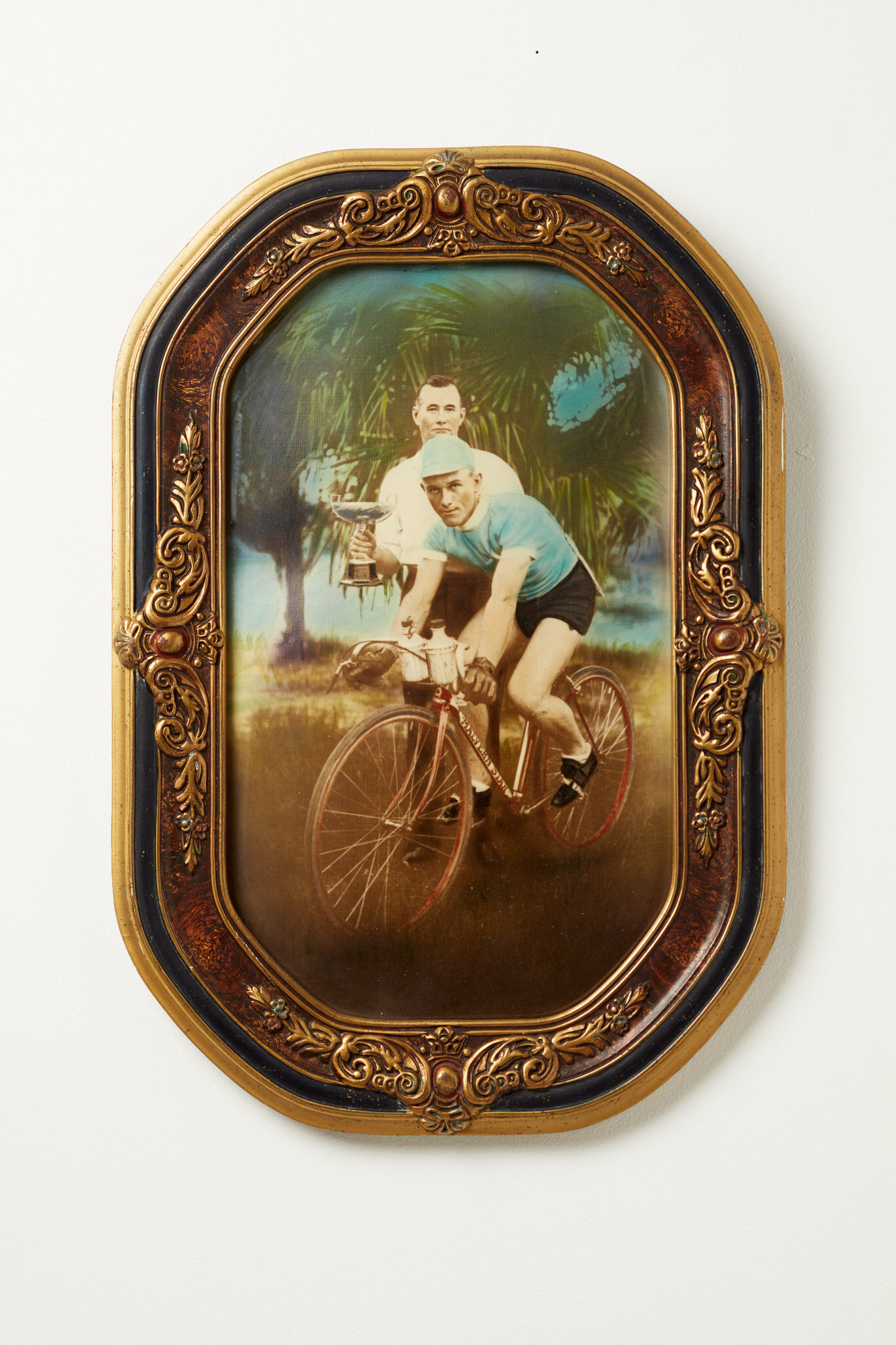
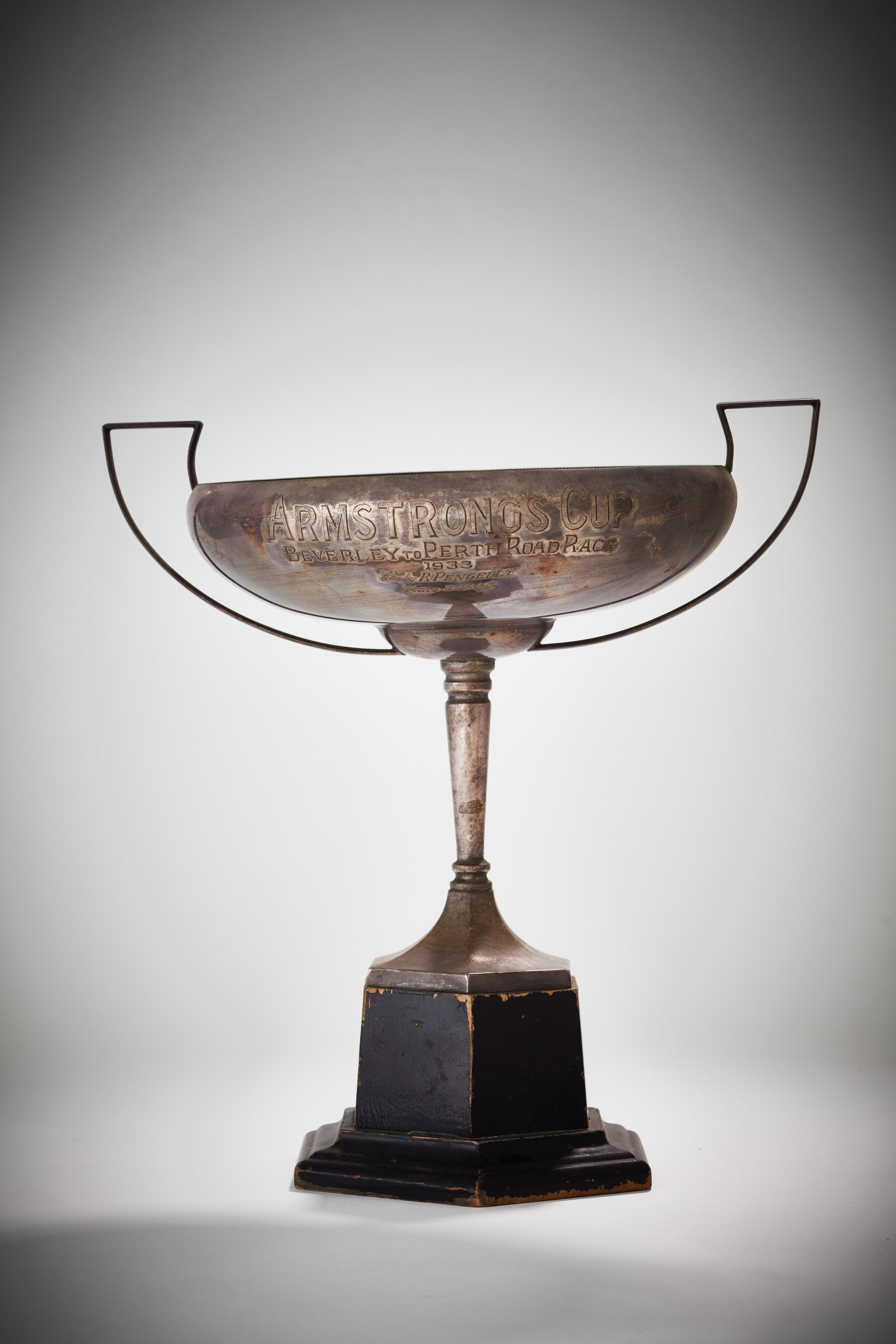
1933 Ray Pengelly won in 5.53.58, is Trophy and photograph above. Hubert Opperman, the first Australian to ride the Tour de France, congratulated the winners.
1936 “…the course was altered in order to avoid the very rough section from Lloyd's Crossing, via Balup, to Red Hill. In that year, soon after leaving Lloyd's Crossing the competitors rode over the divide into Clackline where they joined the tarred road from Northam to Perth. Curiously enough the record for the old, and much more gruelling course, was established in 1935, the last year it was used. From scratch, South Australian Dean Toseland set the figures at 5.15.38. Just as he reached the top of the Nine-Mile Hill heavy rain fell and helped to bind the treacherously loose gravel from there to Red Hill.”
1937 “The Beverley to Perth Cycle Race of 116 miles was won yesterday by W J Maher aged 61 years of Palmyra who in 1908 gained fastest time in the same event and had not been a competitor since.”
1938 Beverley Town Hall is opened by his Excellency the Lieutenant Governor Sir James Mitchell on September 1st 1938. It boasted a picture gardens and the latest art deco deign by Architect and Freemason W G Bennett.
1939-1945 Race lapsed during World War Two
1946 “Big Event Revived. After a lapse of four years the Beverley to Perth cycling race will be revived next Saturday when the League of West Australian Wheelmen will conduct the 37th event of the series” This was the first time it was handicapped.
1950s Beverley boasted a strong cycling club. Members often rode to York to compete or made the longer trek to beat Northam riders on local circuits on both gravel and tarred roads.
1954 “Jim Oliver staged one of the greatest efforts in W.A. cycling history when he finished third in the Beverley to Perth with the record time of 4hr 19. 30min. Oliver covered the first 100 miles in the sensational time of 3 hrs.55.15mins, one of the best rides recorded in Australia.” Oliver won again in 1956.
1950s Here's a photo more than 50 years ago of the Oliver brothers from Collie WA. From the left, John, Jimmy and Barney
1960s Racers include many forefathers of modern cycling and the Western Australian Cycling Federation, local bike shops and Olympic champions – Vogels, Suckling, Tognolini, Bishop, Bonser and Barron. Eddie Barron went onto lobby for the building of the Midvale Speeddome. Henk Vogels rode the Olympics as did Steele Bishop.
1971 Visiting Victorian David Wohlers took out the trophy. Sposnored by Leslie’s Curtain and supported by WA’s Michael Poyner. At 28’ off scratch he built a fast lead with his Victorian mate Robert Matthews. Over the 108 miles in 4’57”48”” the time was the fastest since Laurie Tognnolini’s win in 4’53”34 (1966).
1979 the 150th anniversary of Western Australia is celebrated.
1985 Murray Hall wins
1985 The reversed race route of the “Midland to Beverley” was still tough at 174km. This was the 76th race, was declared a State Championship and won by Murray Hall with a first and fastest of 4hr 11.23 min. The Juniors race of 68km from Northam to Beverley was won by Tony Logan of Midland Cycle Club in 1hr 57.48 min. A juvenile race of 33km York to Beverley was won by P Talbert.
1988 Hilton McMurdo took out the classic but was not so lucky in 1989; relegated by a protest over his conduct in the final sprint.
1993 Eddy Hollands took the winners' cup
1994 Race start moved to Gidgegannup making it 142km.
1999 The last race is run. Traffic on the Toodyay Rd made the race too unsafe to continue. Jim Krynen takes out first over the line with fastest time to R Sherbourne. Jim Krynen won it 3 times.
2014 South Perth Cycle Club and the Beverley Heroic encourage all riders to challenge themselves and be Heroic. A L’Eroica Style event begins in Beverley with recreational rides in the Avon Valley and liberal servings of Heroic Riders. This Spring Classic rides in October.
2016 The Beverley Race is run again. Now a 114km handicap race along Talbot West Rd it is won by World Champion rider Cameron Meyer and Michael Freiberg in 2nd place.
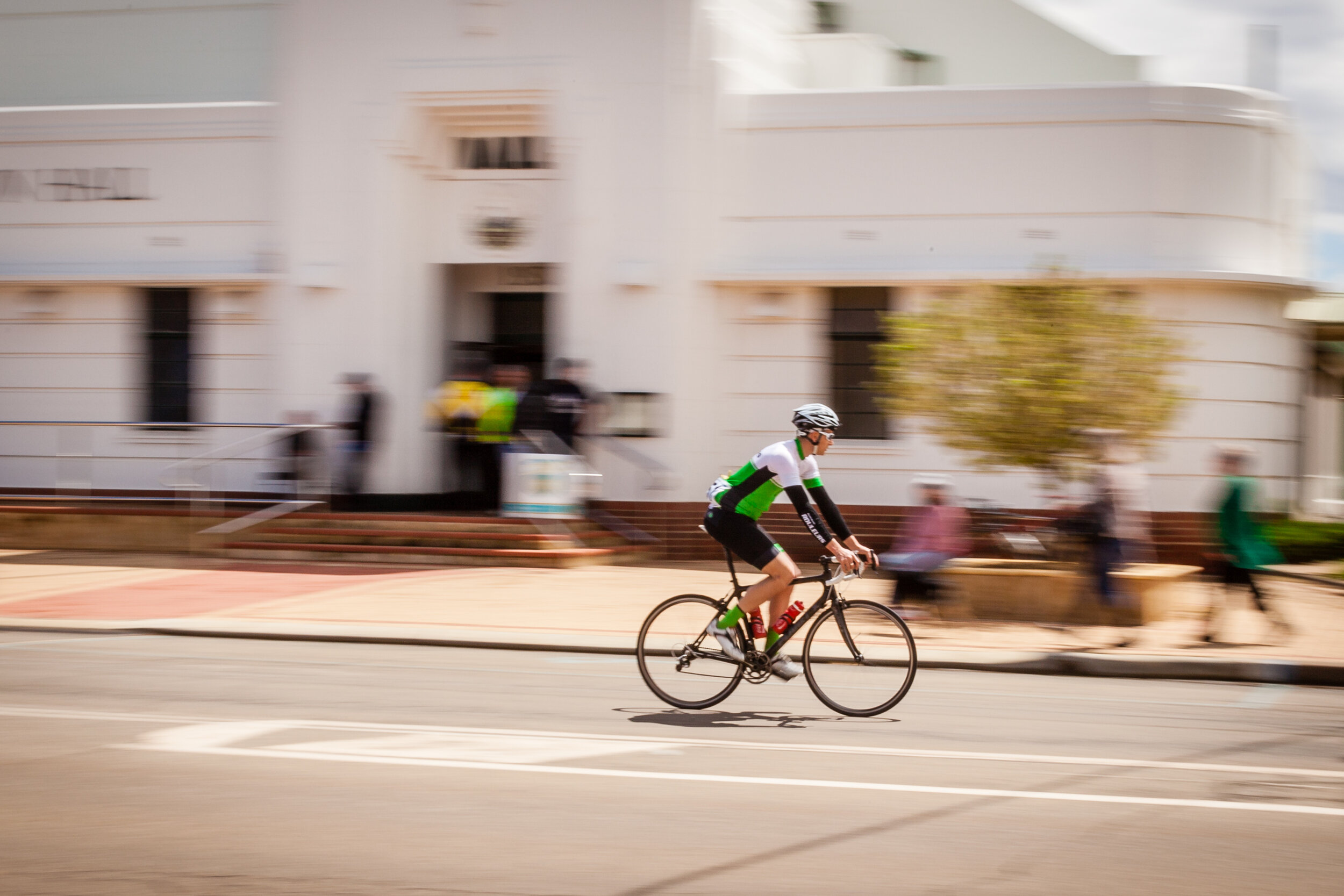
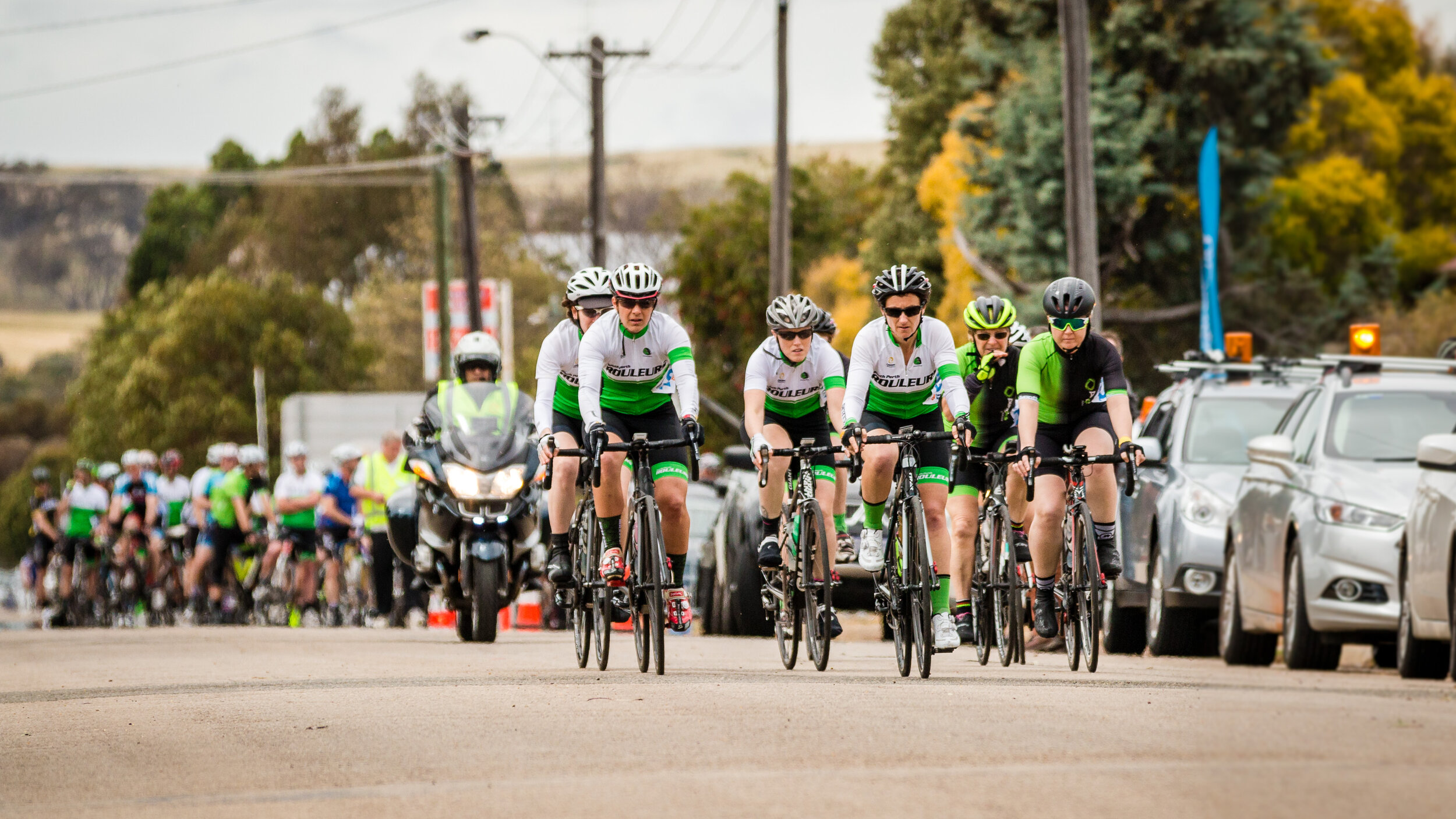
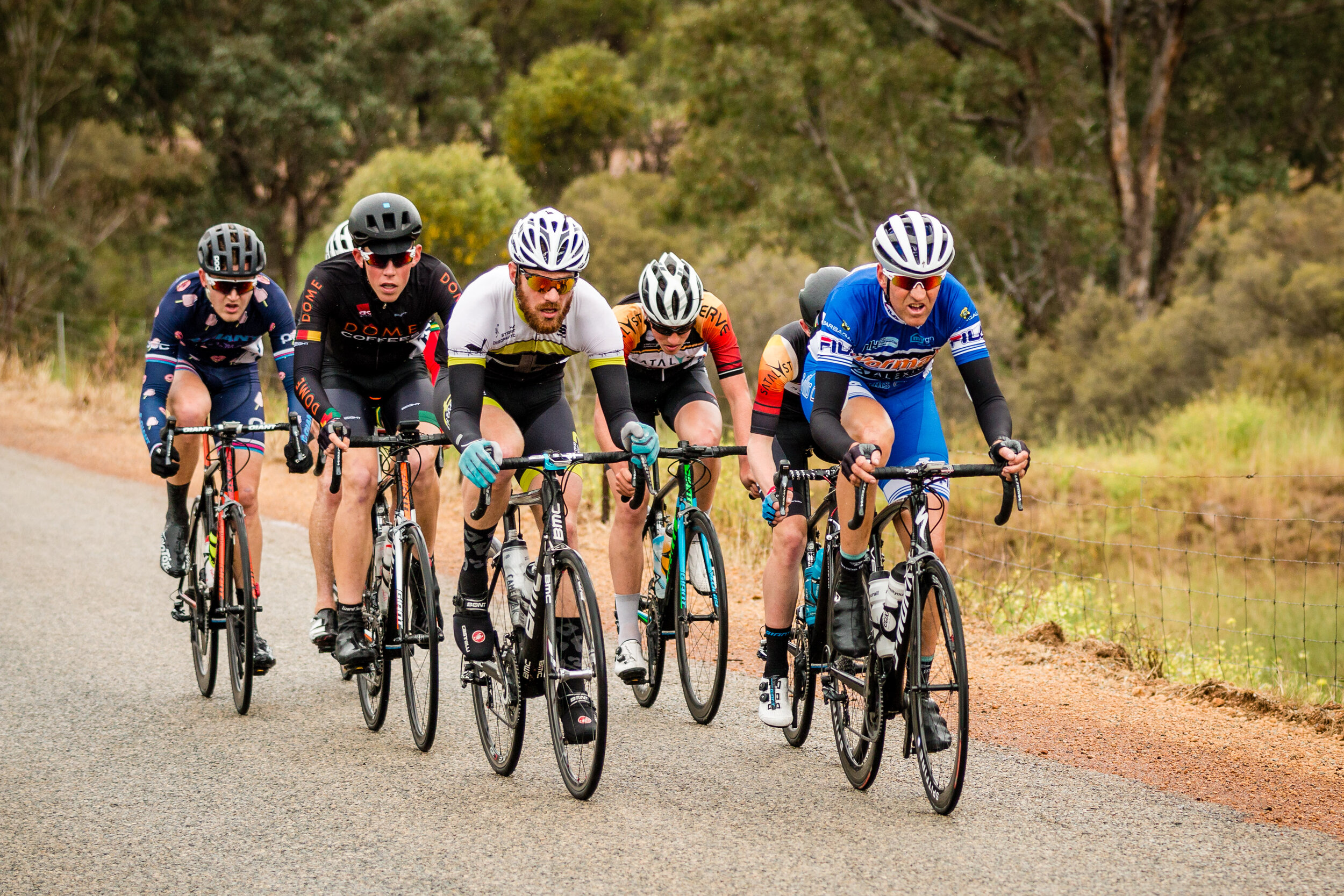
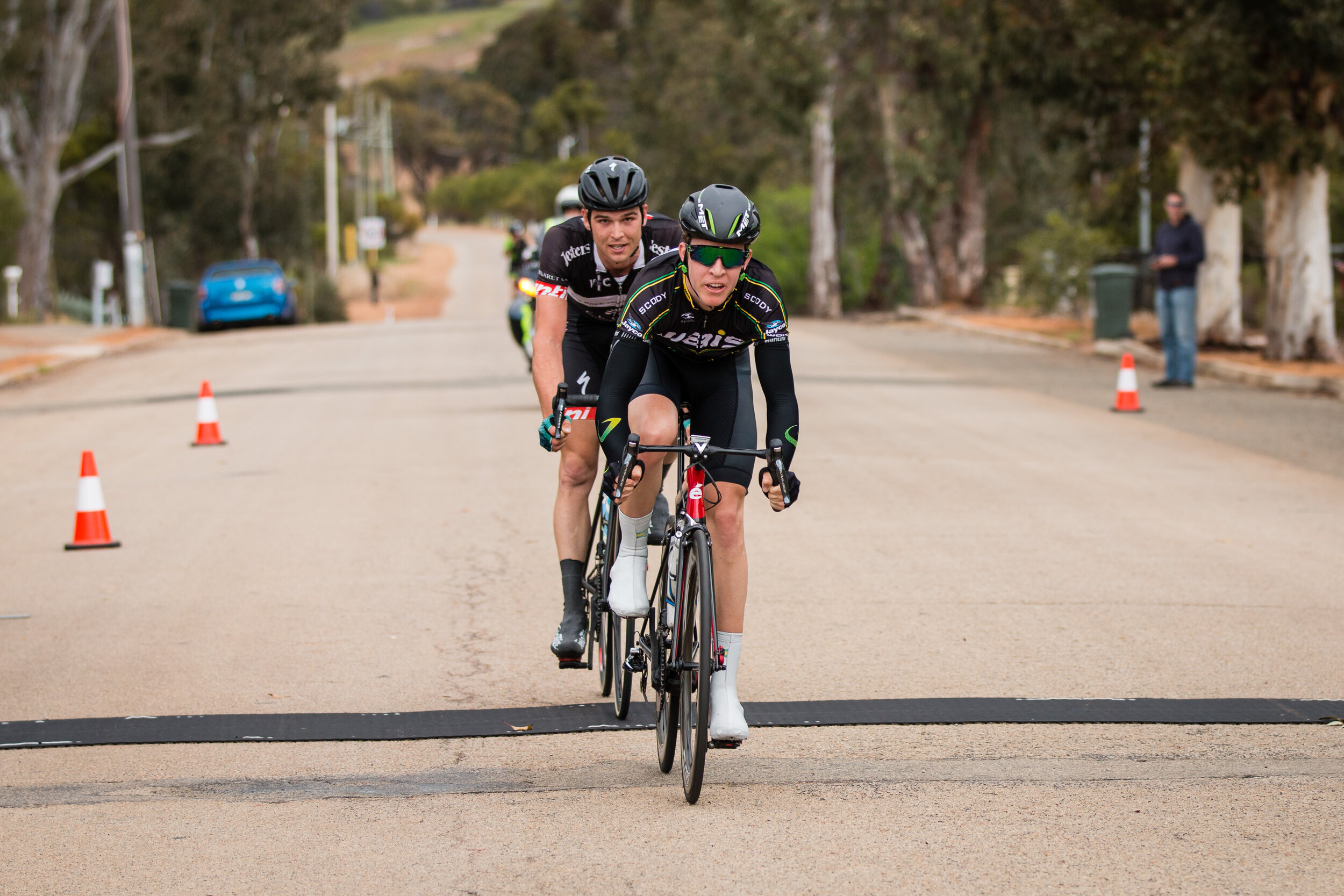
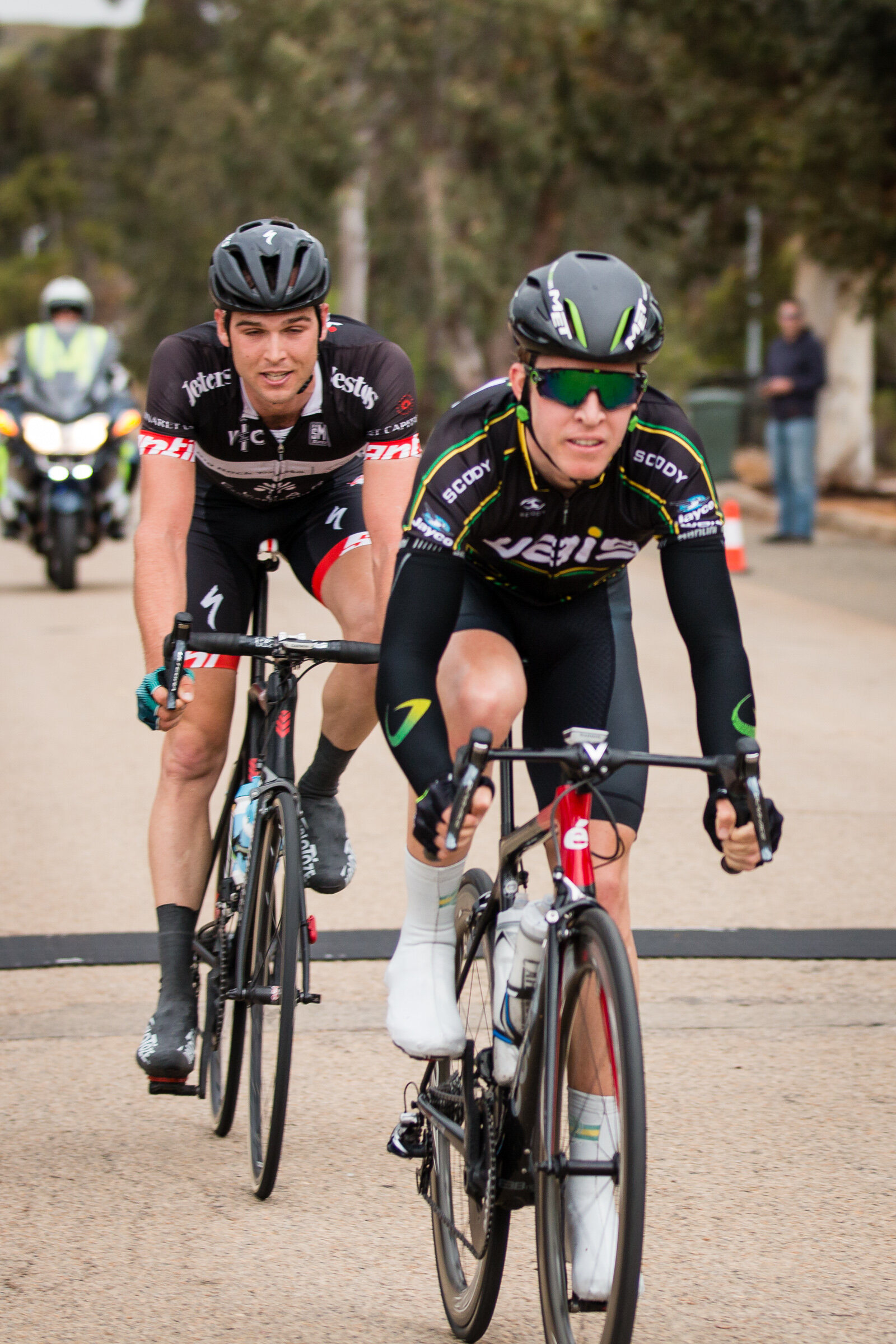
2020 Turning the Beverley into a Team Time trial, South Perth Cycle Club and the Beverley Heroic bike weekend had 500 riders racing cyclocross and TTT, riding recreational gravel and Classic in the Avon Valley and a fantastic display of bikes 1890’s to today by the WA Historical Cycle Club.
2021 The Beverley is abandoned with Traffic management costs scuppering the Beverley Heroic event and the risk to race organisers too much to bear. Passionate riders continue to visit Beverley to ride the Valley in October, camp overnight and enjoy the country hospitality at the Heroic Cyclocross. An exhibition about the Beverley Race is erected in the Beverley Shires Tourist Information centre.








